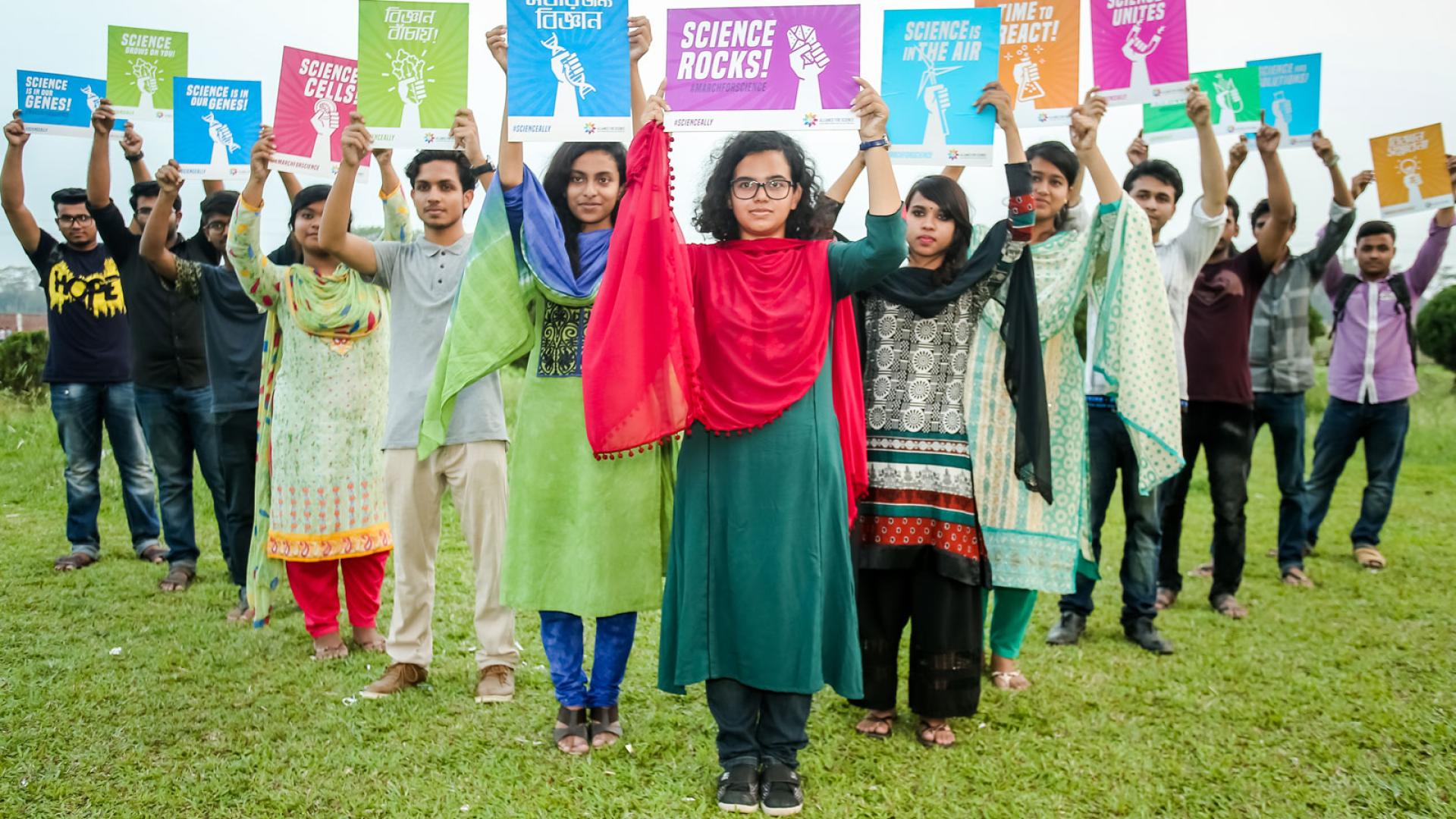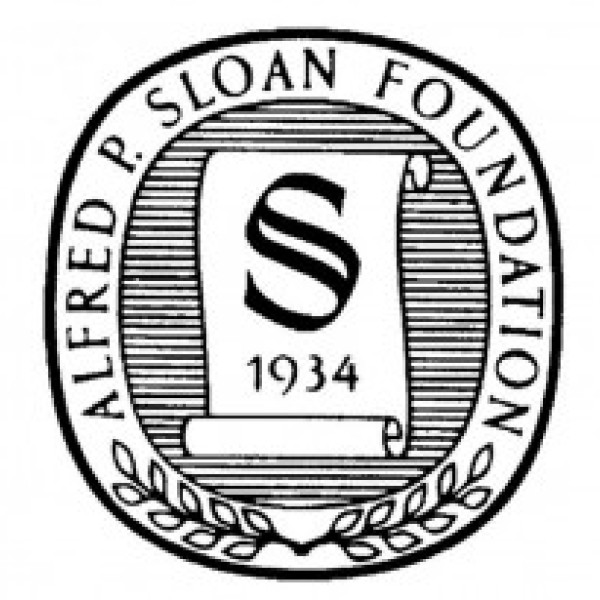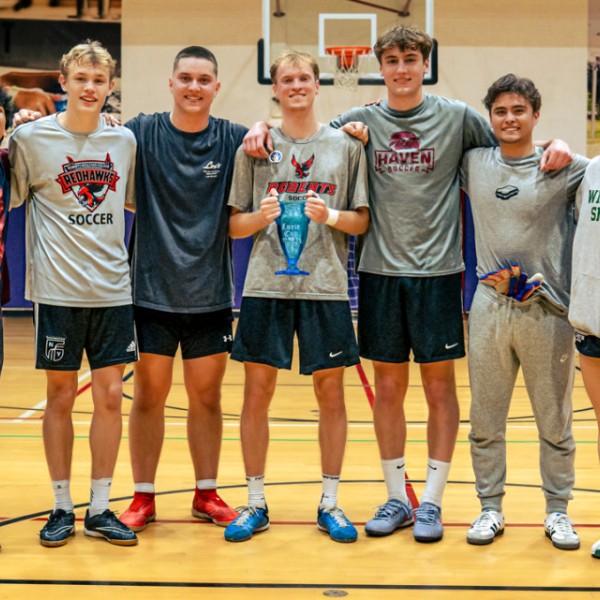The Cornell Alliance for Science is expanding its mission of science communication and advocacy, and broadening its commitment to diversity and inclusion, thanks to $10 million in new funding from the Bill & Melinda Gates Foundation.
The grant will support the alliance – a Cornell-based global communications initiative founded in 2014 to address misinformation around crop biotechnology – as it widens its focus to counter conspiracy theories and disinformation campaigns that hinder progress in climate change, synthetic biology and agricultural innovations.
“Science is the answer to the many challenges facing humanity, but science needs effective messengers,” said Sarah Evanega, director of the Alliance for Science (AfS) and faculty member in the Department of Global Development and School of Integrative Plant Science.
“The COVID-19 pandemic is revealing the pervasiveness of misinformation in the public sphere and the critical need for a science-based approach to address the biggest challenges of our time,” Evanega said.
Under Evanega’s direction, the AfS has begun conducting original research that makes use of data gathered by its international media monitoring platform. She recently led a study that analyzed the misinformation topics shared by traditional media during COVID-19.
The reinvestment will also help the AfS fulfill its commitment to become more racially, geographically and gender inclusive in its staffing and programs.
“We are responding to the urgent need to address systemic racism in academia, especially STEM, by reflecting honestly on our own organization to take meaningful steps toward inclusivity and anti-racism in the global context in which we work,” Evanega said.








